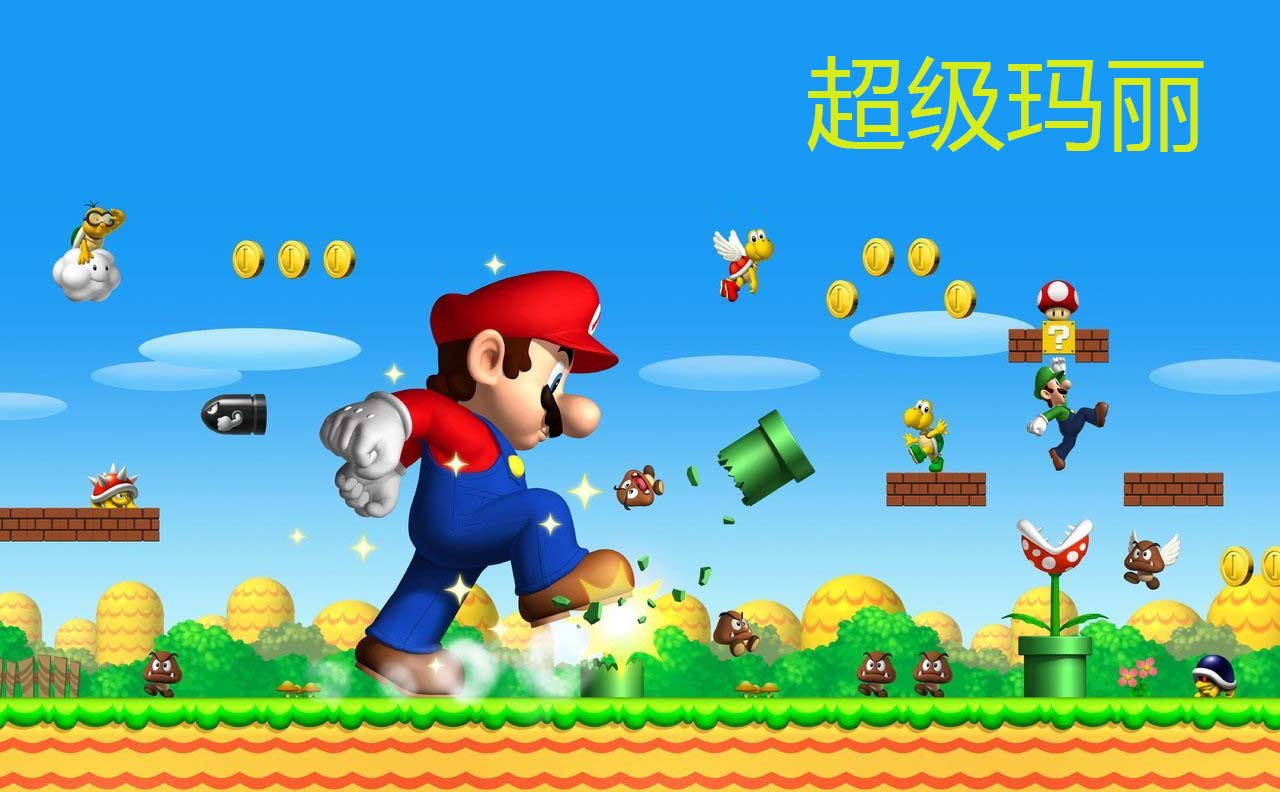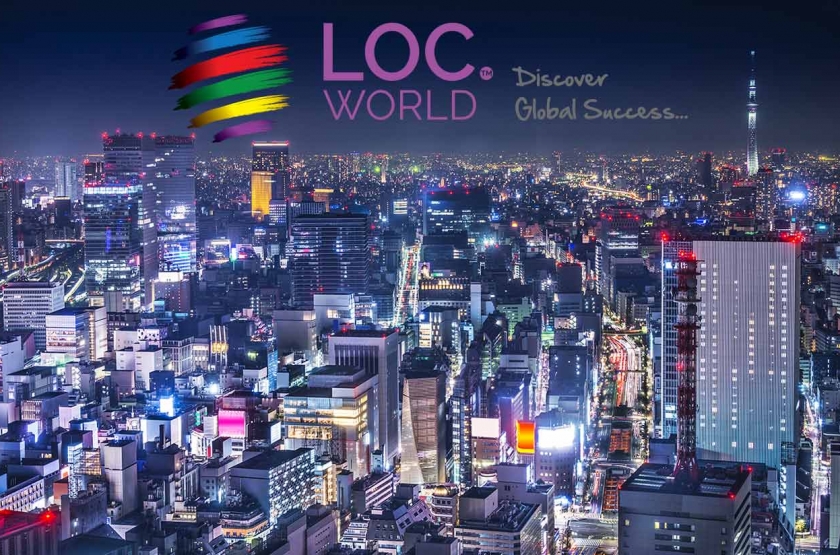We need gamers to translate!
- Emily Feng
- January 21, 2016
- 6,778 views

Stereotypically the favorite past time of basement-inhabiting slacker types, videogames are actually one of the fastest growing and most demanding products that need multilingual localization.
Unfortunately, traditional localization services and translators do not specifically cater to them. Stepes’ mobile model addresses this gap by recruiting bilingual gamers as subject matter experts in the translation process. It may sound counterintuitive: you want gamers to work on global communication? Actually, yes. Let us explain.
Upon closer examination, video games have a lot of moving parts. There’s the overall game design and narrative around which the game is structured. High quality graphics, avatar design, and animation are also becoming increasingly important to creating a successful user experience. And last but not least, there is the way the game interacts with the player – instructions, character dialogue, and other prompts both visual and textual connect the gamer with the otherwise inert game they are playing. Together, all these components come together to create a pleasurable playing experience, immersing the user in a virtual environment that is at once stimulating and believable.
The high demands on user experience commanded by videogames make them especially hard to localize in other languages. Videogame text –primarily instructions, messages, or character dialogue – is often scattered and discrete, as compared to longer documents from other products requiring localization and translation. Without the kind of context that longer bodies of text provide, videogame dialogue or instructions that can be confusing and ambiguous to translators unfamiliar with the videogame content. Retaining consistency with terms, names, and descriptions are also a must during the localization process, particularly if the game in question is part of a larger universe or series of games. As a result, videogame companies are often the hardest clients to please for many localization companies, because they demand truly native translations for their games to work well in another cultural setting. In some ways, the videogame industry has its own culture that must be understood and appreciated in order for the translator to produce high quality translations.
Stepes’ philosophy is that translators should translate subject matter they are truly passionate about. A corollary is that those who are already passionate about certain industries have the potential to make the best translators for particular subject matter. Until now however, translation tools were desktop-based and too technical for most freelance or new translators to use. As a result, all but a handful of professional translators have been shut out of participating in translation. Among those who were shut out: multilingual gamers.
Stepes’ mobile-only translation approach is intuitive and easy to use. Moreover, it allows translators to work wherever and whenever, making it ideal for people with other professions but flexible schedules to translate and earn money in their free time. Stepes focuses on bringing subject matter experts – including but not limited to gamers – to work on industry-specific texts and digital content into the translation ecosystem. In the past, we’ve gotten lucky with translators who happen to be gamers as well, but Stepes provides game companies with a reliable stream of translators knowledgeable of their work and industry.
Finally, our message to all multilingual gamers: translate! With Stepes, finally anyone bilingual can translate directly from their phone rather than having to invest in learning a desktop translation tool. Beyond the coolness of being able to translate your favorite game, participating in translation means you are contributing to global communication and global entertainment. Become a Stepes translator today.










